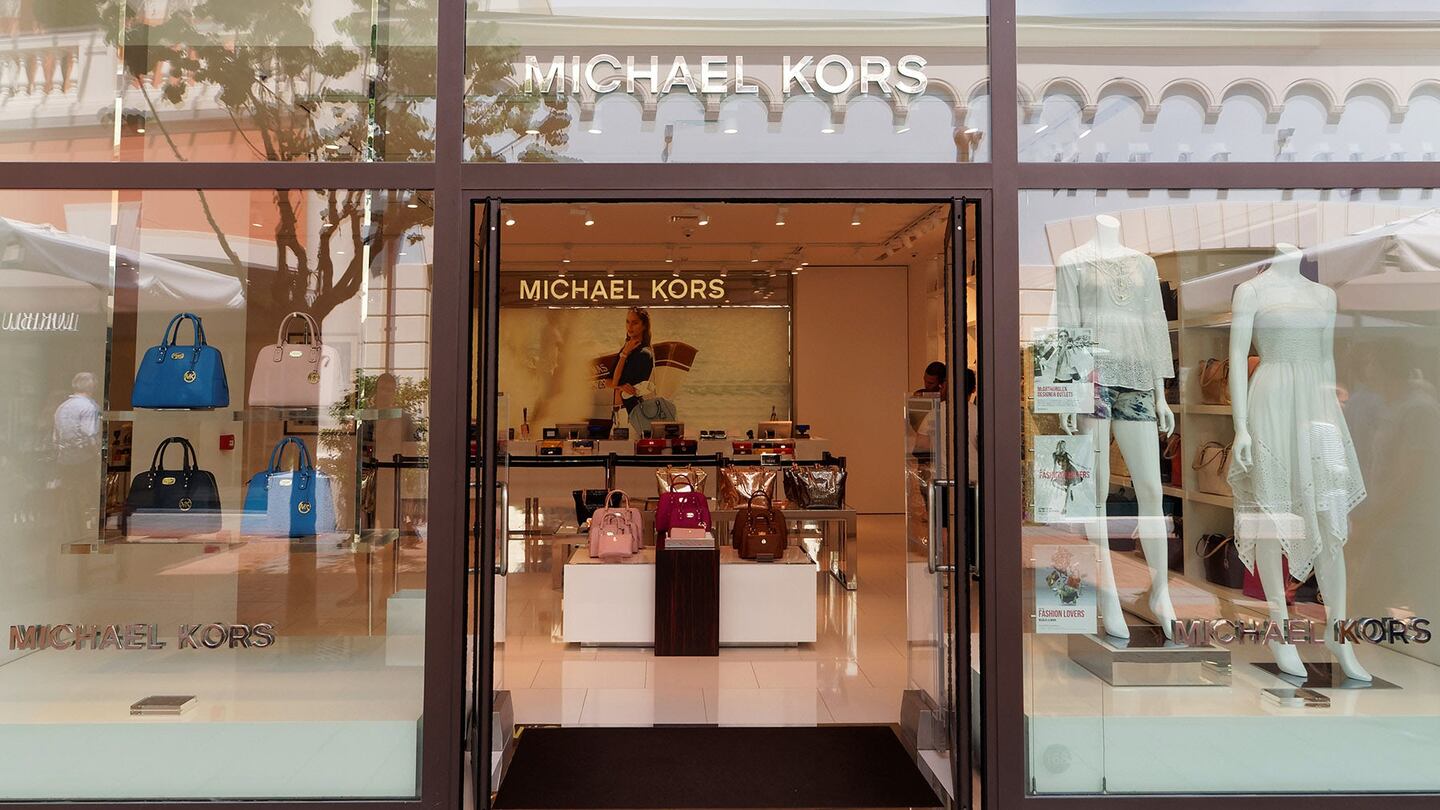
The Business of Fashion
Agenda-setting intelligence, analysis and advice for the global fashion community.

Agenda-setting intelligence, analysis and advice for the global fashion community.

NEW YORK, United States — Michael Kors set out to blanket North America in its glossy white boutiques when it went public in 2011. Four years and nearly 200 stores later, the handbag seller has said: Enough.
"We'll open a few more stores, and then that rollout will be complete," Chief Executive John Idol said on a conference call with analysts today, after the company posted its second- quarter earnings. Idol said it will soon stop opening new women's boutiques.
Tasked with mass expansion at Kors, Idol had vowed to run 400 shops on the company's home continent, a fleet that could take on its larger rival Coach, in his initial plan. And that's what he did, throwing open the doors at dozens of mall and street locations each year since. Now, finally nearing that number, he will stay put, and that may not be a bad thing.
Wait. The more stores, the better, no?
ADVERTISEMENT
Not in retail. Well, not always. Unlike a Forever 21 — or a discount store like Dollar General, or a fast food brand like Subway, or a coffee chain like Starbucks — Kors can't stick a shop in every mall or on every street corner. For a label that's cheaper than glitzy fashion houses but more expensive than mall brands, perceived prestige is everything. Such brands rely on their luxe reputation to convince shoppers to drop $400 on a leather satchel or a silk-blend shirtdress. The industry likes to describe Kors as an "accessible luxury" brand. It just can't be too accessible.
As Kors aggressively expanded, critics railed at the company for getting too big too fast. These days, you can hardly walk down a city street without seeing a shiny gold piece of MK hardware dangling from someone's shoulder bag. For Kors, saturating America with that logo made it harder to retain an aura of exclusivity. Heavy discounting further eroded the label's cachet, as its many department store partners knocked down prices to sell more bags. The mass rollout of stand-alone stores made Kors still more ubiquitous. Plus, at a certain point, stores begin to cannibalize each other's sales — particularly detrimental when a label has multiple price tiers, such as a line of outlet stores.
Just ask Coach, Kors's chief rival in the handbag wars, which overexpanded its outlet chain until it accounted for around 70 percent of its sales, then had to scale back. Kors hopes to keep its outlets at around a third of its retail sales.
It's good, then, that the retailer seems to know its boundaries, said Simeon Siegel, an analyst at Nomura Securities. "They do have a very concentrated position in North America," said Siegel. "But they're acknowledging that there’s a limit."
Then there's e-commerce, taking bites out of brick-and- mortar sales. On the call, Idol said he's been repeatedly questioned about his company's devotion to physical stores, despite the rise of online shopping. This is still how people shop, he said, at least for the foreseeable future.
"Well, we're profitable when we open more stores. And people — while online shopping is absolutely a trend and it's going to move the needle for the company — people will still go out and shop in a store," Idol said. "That won't, at least while I'm alive, won't have evaporated."
By Kim Bhasin; editor: Peter Jeffrey.
As the German sportswear giant taps surging demand for its Samba and Gazelle sneakers, it’s also taking steps to spread its bets ahead of peak interest.
A profitable, multi-trillion dollar fashion industry populated with brands that generate minimal economic and environmental waste is within our reach, argues Lawrence Lenihan.
RFID technology has made self-checkout far more efficient than traditional scanning kiosks at retailers like Zara and Uniqlo, but the industry at large hesitates to fully embrace the innovation over concerns of theft and customer engagement.
The company has continued to struggle with growing “at scale” and issued a warning in February that revenue may not start increasing again until the fourth quarter.